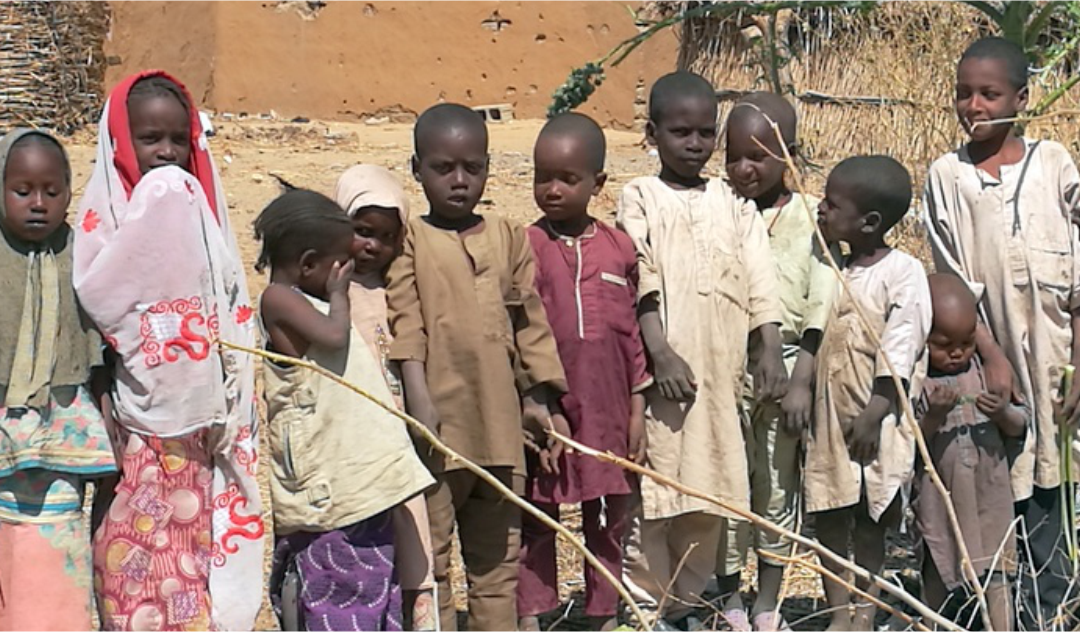24,000 people, mostly children, missing in Nigeria: Red Cross
The International Committee of the Red Cross (ICRC) said it registered more than 24,000 missing people across Nigeria as of June 2024.
Patrick Youssef, ICRC’s regional director for Africa, disclosed in a statement on the International Day of the Disappeared with the theme “We Who Remain Behind Remember.”
According to him, the 24,000 cases in Nigeria likely only represent a fraction of the total number. He said more than half of the total cases were children at the time they disappeared.
“In the North-Eastern states of Borno, Adamawa, and Yobe, for example, volunteers from the Nigerian Red Cross have been working on delivering Red Cross messages to many families who have lost contact with their loved ones due to armed conflict.
“The ICRC provides the families with mental health support, legal advice, and, in some cases, financial support,” Mr. Youssef said.
He said more than 71,000 people were recorded missing across Africa as of June 2024, adding that the number represented a 75 percent rise from 40,708 recorded in 2019.
The regional director stated that Africa is the continent with the highest missing persons caseload, the highest number of unaccompanied children, and the highest number of family reunifications, based on ICRC-registered cases.
“The issue of missing persons, including those who forcibly disappeared, remains one of the most damaging and long-lasting humanitarian consequences of armed conflicts and other situations of violence for all loved ones, whether a waiting wife or a heartbroken one.
“Behind every missing person, there are countless more suffering from the anguish and uncertainty. It’s a humanitarian tragedy for families, one that has consequences across all of society,” Mr. Youssef said.
He said protracted armed conflicts in Africa had resulted in the disappearance of thousands of people.
The ICRC official said the continent is also prone to natural disasters, some of which are exacerbated by climate change, while perilous migratory journeys put vulnerable people at risk of separation and disappearance.
Mr. Youssef said the day observed every August 30 would help raise awareness of the plight of the missing, honour their memories, and ease the emotional distress of families.
He called for a more determined international effort to prevent and respond to the issue of missing persons, whatever the circumstances.
“Political will is an essential step to obtain the necessary resources to respond to this issue, including the cooperation between authorities, both at the national level and across borders.
“In armed conflict, both civilians and combatants go missing; they can go missing when they are arrested or captured, detained, and held incommunicado.
“They may be alive but simply do not have the means to contact their relatives,” Mr. Youssef said.
He said that under international humanitarian law, state authorities have the primary responsibility to clarify the fate and whereabouts of missing persons.
“However, these authorities may lack resources, knowledge, or political will to do so. The ICRC and the national societies can play a crucial role,” the director added.

